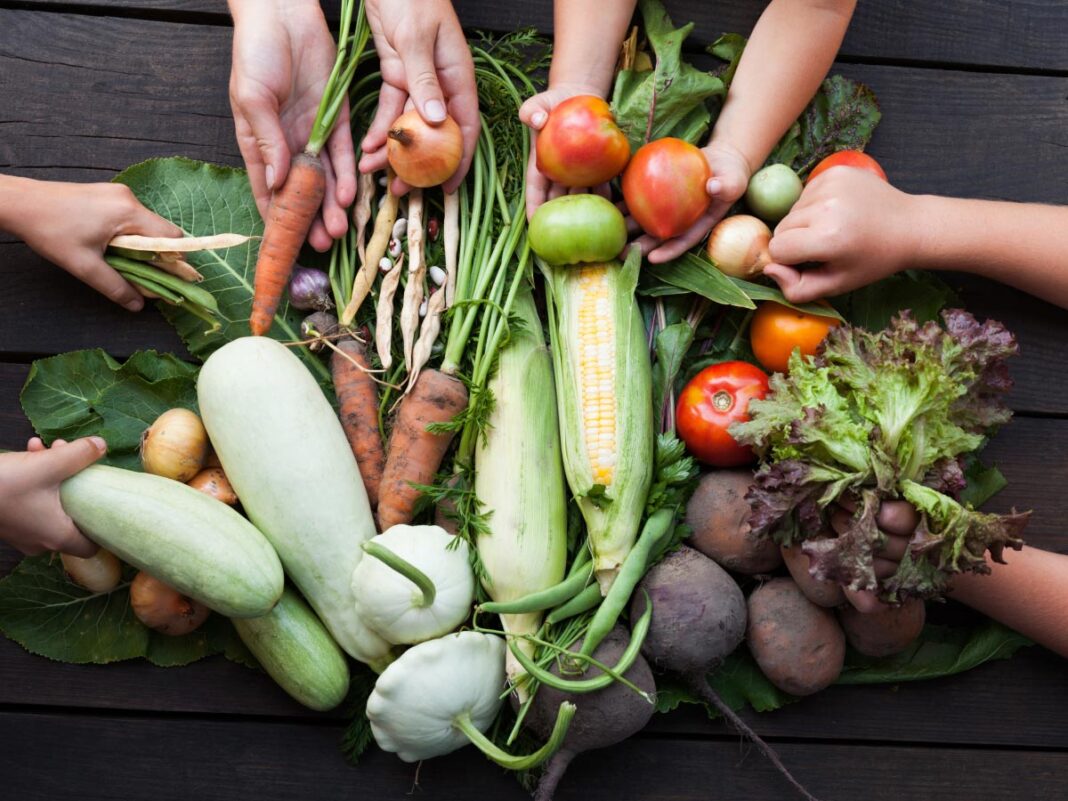In recent years, many Americans have rediscovered the joys and benefits of eating seasonally. This resurgence reflects a shift toward fresher, more flavorful food, environmental sustainability, and support for local economies. But what exactly is driving this renewed interest in seasonal eating, and how can you join the movement?
The Nutritional Benefits of Seasonal Eating
Eating seasonally means consuming fruits and vegetables at their peak ripeness, which maximizes their nutritional value. According to the Association of Accredited Naturopathic Medical Colleges (AANMC), in-season produce is fresher and contains more nutrients like Vitamin C, calcium, and potassium than out-of-season options that have undergone lengthy transportation. Seasonal produce is harvested when fully ripe, ensuring it retains the highest possible nutrient content.
Superior Flavor and Taste
There’s a noticeable difference in taste when consuming fruits and vegetables that are in season. Produce allowed to ripen naturally in the sun develops maximum flavor. The difference is evident when biting a sun-ripened tomato from a local farm compared to a supermarket tomato that may have been picked unripe and transported over long distances. Seasonal fruits and vegetables offer a freshness and taste that out-of-season produce can’t match.
Environmental Sustainability
Eating seasonally also has significant environmental benefits. By choosing locally grown, seasonal produce, you reduce the carbon footprint associated with food transportation and storage. As the National Breast Cancer Foundation noted, eating locally grown, seasonal produce reduces the carbon footprint from transportation and refrigeration, supporting sustainability efforts. This practice decreases greenhouse gas emissions and promotes a more sustainable food system.
Supporting Local Economies
Purchasing seasonal produce often means supporting local farmers and businesses. By visiting farmers’ markets and supporting small, local farmers, you contribute to your local economy while promoting sustainable agricultural practices. Small farms are more likely to use environmentally friendly techniques like crop rotation, which contributes to healthier soil and reduces the need for chemical fertilizers.
Challenges of Transitioning to Seasonal Eating
While the benefits are clear, switching to a seasonal diet can be daunting. Many Americans are accustomed to the year-round availability of various produce due to global trade. However, transitioning to seasonal eating can be challenging, especially for those used to having any fruit or vegetable at any time of the year. It may require changes in shopping habits and meal planning to adjust to what’s available each season.
How to Start Eating Seasonally
Embarking on a seasonal eating journey doesn’t have to be complicated. Here are some practical steps to help you get started:
- Visit Farmers’ Markets: Visiting farmers’ markets provides direct access to local fresh produce in season. It’s also a great way to meet the people who grow your food.
- Look for Local Labels in Supermarkets: Many supermarkets label produce that’s grown locally. Choosing these options ensures you’re buying seasonal items.
- Subscribe to Seasonal Produce Boxes: Consider subscribing to seasonal produce boxes from local companies. These services deliver imperfect yet perfectly edible fruits and vegetables, often at reduced costs.
- Plan Meals Around Seasonal Produce: Use seasonal food guides to plan your meals. This diversifies your diet and ensures you’re eating the freshest food available.
Embracing the Seasonal Eating Movement
The resurgence of seasonal eating among Americans signifies a collective move toward healthier living and environmental consciousness. By embracing the seasons in our diets, we enjoy a variety of nutritious and delicious foods and contribute to a more sustainable planet and robust local economies. It’s a win-win situation for our health, taste buds, and the environment.
